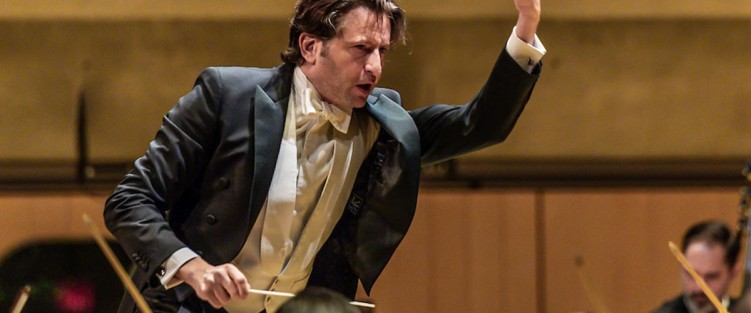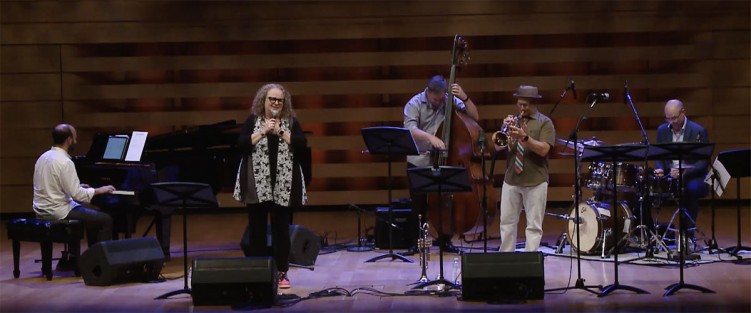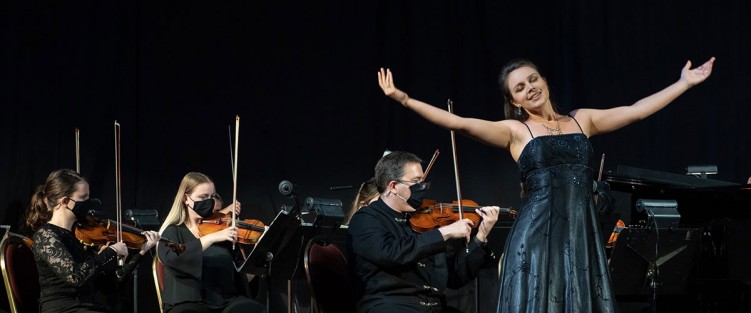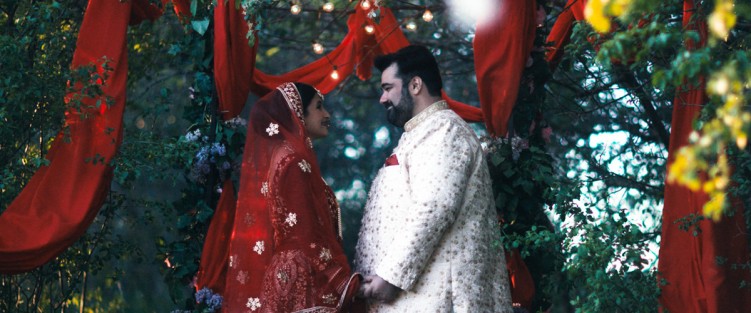Concert Report: The Toronto Symphony - Happy Returns
 Audiences returned to Roy Thomson Hall on November 10 for the first time since March 2020, welcoming the Toronto Symphony Orchestra and their new music director, Gustavo Gimeno, for a musical triptych—three programs spread over seven evenings. It was Gimeno’s initial foray into repertoire selection for the TSO, his first venture into curation—which became a means for conductor and audiences alike to get reacquainted with their orchestra.
Audiences returned to Roy Thomson Hall on November 10 for the first time since March 2020, welcoming the Toronto Symphony Orchestra and their new music director, Gustavo Gimeno, for a musical triptych—three programs spread over seven evenings. It was Gimeno’s initial foray into repertoire selection for the TSO, his first venture into curation—which became a means for conductor and audiences alike to get reacquainted with their orchestra.
Unusually, the opening trio of concerts began with a stage empty of musicians. Half of the orchestra members entered single file from a door on the left, the other half from a door on the right. For a brief moment they stood in place beside their chairs before noisily applauding in anticipation of Gimeno’s entrance. The audience, as if on cue, then stood and applauded in an emotional welcome which grew as the conductor made his way through the first violin section to the podium—a veritable lovefest.
The opening program was designed for the occasion. It started with Anthony Barfield’s Invictus for brass ensemble, completed in the summer of 2020 as Black Lives Matter protests intersected with COVID-19, a Lincoln Center commission that represented, in part, the resilience of the arts and the Black community. Hearing it in Roy Thomson Hall in its Canadian premiere felt like a rallying cry: “Unconquered.”





